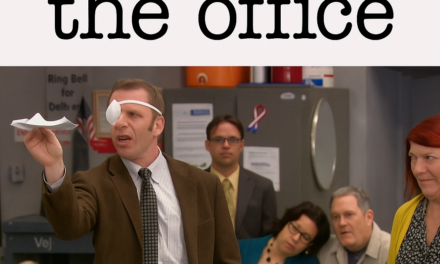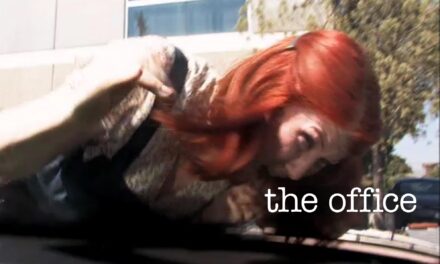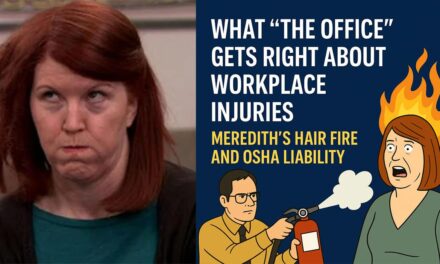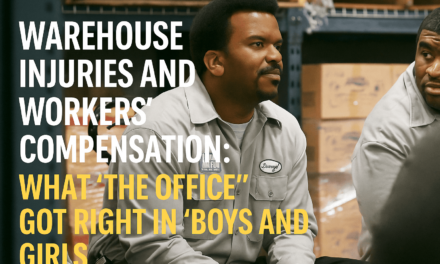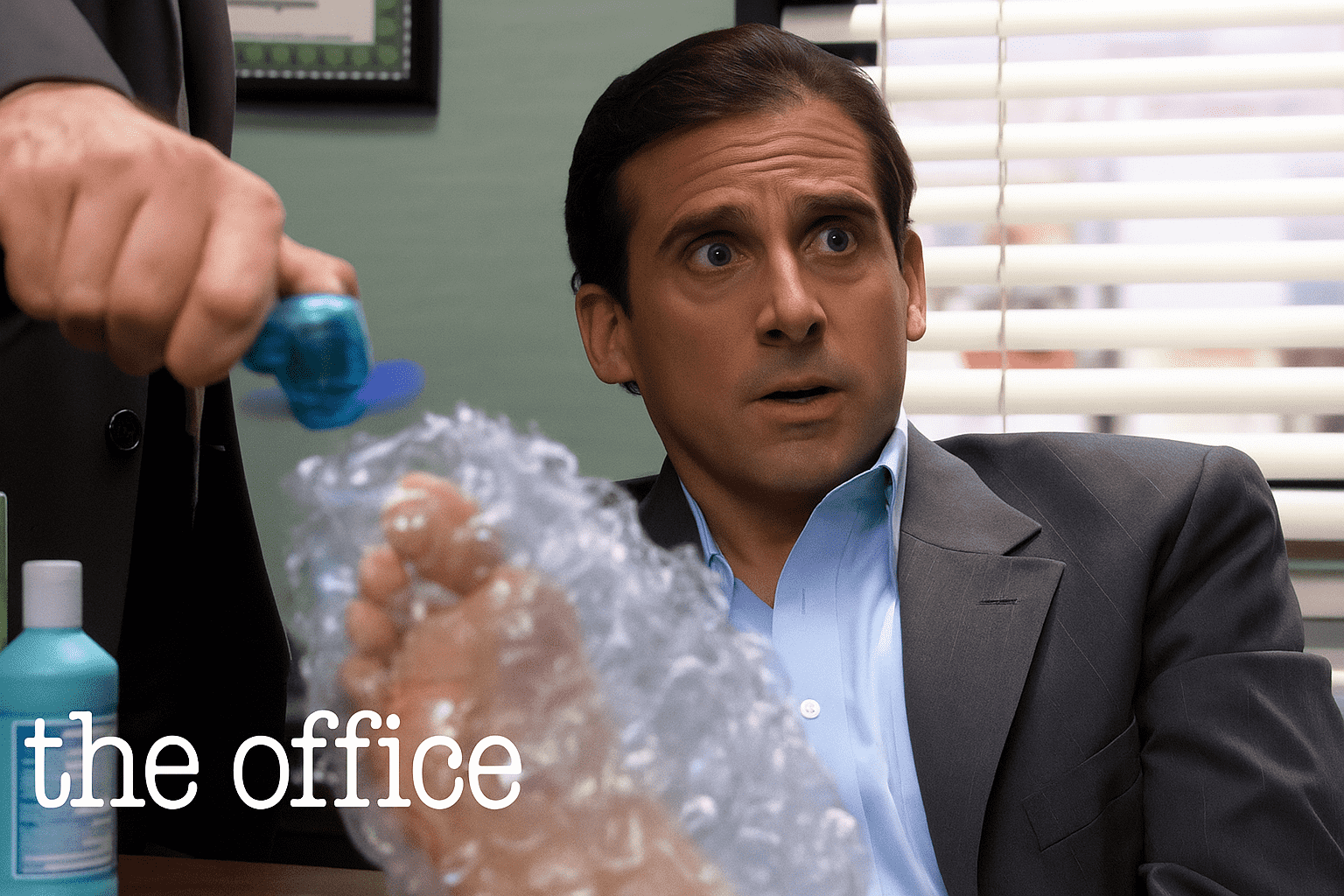
If you’re a fan of The Office, you probably remember the episode where Michael Scott steps on a George Foreman grill while trying to enjoy a “wake-up to the smell of bacon” experience. What follows is a painfully over-the-top reaction and a wildly inappropriate attempt to get sympathy and special treatment at work.
While it’s hilarious on screen, it also raises a real-world legal question:
If you’re injured at home but it affects your ability to work, what are your rights? Can you file for disability? What protections do employees actually have under the law?
At Pisanchyn Law Firm, we handle these kinds of questions every day — minus the bacon.
What Actually Happened on The Office?
Michael Scott places a George Foreman grill at the foot of his bed so he can wake up to the smell of sizzling bacon. In doing so, he accidentally steps on it and suffers a foot burn. He then shows up to work expecting accommodations, sympathy, and even a ride from Dwight Schrute, who ends up with a concussion trying to help him.
Could Michael File for Workers’ Compensation?
Short answer: No – Workers’ compensation typically only covers injuries that occur in the course and scope of employment. Since Michael’s injury happened at home and had nothing to do with his job duties, it wouldn’t be covered.
However, if the injury had occurred while performing work-related duties from home (a common scenario in today’s remote work world), it might be a different story. For example, if he were injured while on a work Zoom call or lifting company equipment at home, it could be considered a work-related injury.
What About Disability Protections Under the ADA?
Michael’s insistence on being “disabled” opens the door to a more serious legal discussion:
Does a non-work-related injury entitle you to protections under the Americans with Disabilities Act (ADA)?
In some cases, yes.
If a temporary injury substantially limits one or more major life activities (like walking or standing), the ADA may require an employer to offer reasonable accommodations. That could mean allowing extra breaks, modified duties, or temporary remote work — but not a dramatic office-wide announcement or carrying you around on a rolling desk chair.
The key is reasonableness. Employers don’t have to accommodate every request — only those that are reasonable and do not pose undue hardship.
What Employers Should Know
The Office’s HR rep, Toby, often gets overlooked or ignored (especially by Michael), but in real life, HR departments and employers need to take disability claims seriously — even if the injury happened outside of work.
Employers must:
-
Evaluate requests for accommodation in good faith
-
Avoid retaliating against employees who disclose a disability
-
Maintain documentation and follow ADA guidelines
Failure to do so could result in legal consequences — even if the injury wasn’t work-related.
The Takeaway: Don’t Be Like Michael (Legally Speaking)
While Michael Scott may be a fictional boss, the issues raised in “The Injury” are real. If you’re dealing with an injury that’s affecting your ability to work — whether it happened on the job or not — you may have rights under Pennsylvania law and federal disability protections.
At Pisanchyn Law Firm, we help injured and disabled workers understand their options, protect their rights, and fight for fair treatment.

